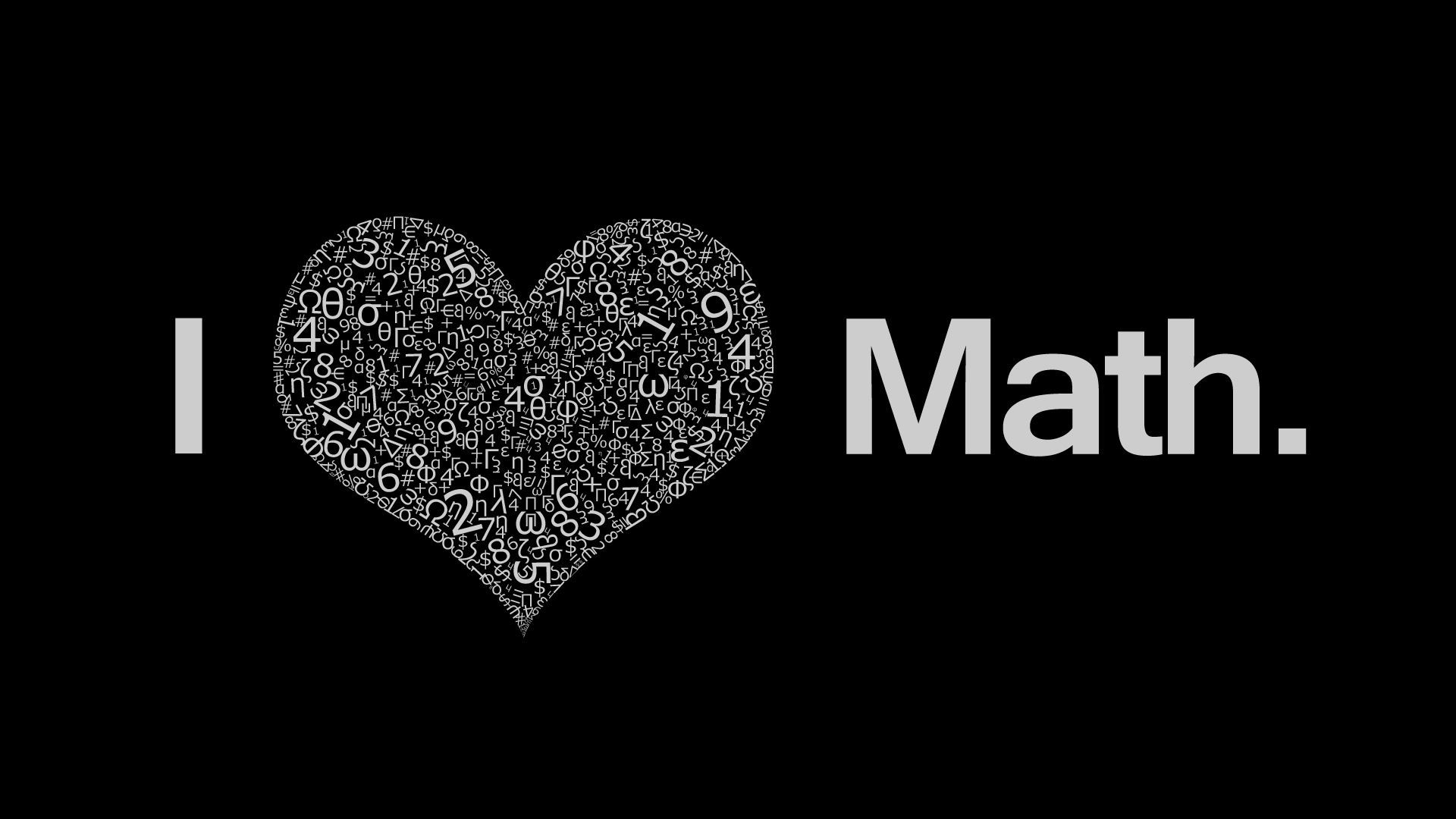PASSION REALIZATION
As a college student with a deep-rooted love for mathematics, I embarked on what I initially perceived as just another academic chapter – a course in discrete mathematics. What unfolded, however, was a transformative journey that deepened my appreciation for the beauty and complexity of mathematics, particularly the elegance of logical reasoning and proof-based problems.
Exploring the Language of Logic and Proofs
From the outset, discrete mathematics appeared as an extension of the familiar terrain of numbers and equations. But as the course progressed, I discovered its unique language – a symphony of logic, proofs, and propositions. This was not just another branch of mathematics; it was an entirely new way of thinking. My fascination grew as I delved deeper, exploring how abstract mathematical concepts could be applied to construct logical arguments and solve complex problems.
Recognition and Validation of Skills
This newfound passion was recognized and nurtured by my professors and peers alike. Their acknowledgment of my knack for dissecting complex problems was more than academic validation; it propelled me further into the realm of logical reasoning. My professors often praised my problem-solving skills in class and used my methods as examples, while my peers frequently sought my help, acknowledging a skill in me that I was only beginning to appreciate. This external validation was gratifying, but more importantly, it reflected a talent I had not fully acknowledged before. Their encouragement, from highlighting my approach in class discussions to peers seeking my assistance in complex projects, made it clear that I had a unique aptitude for this field.
Overcoming Challenges and Building Resilience
However, my journey through discrete mathematics was not without its challenges. Some concepts seemed daunting, presenting problems that tested both my patience and intellect. I remember nights spent grappling with intricate proofs, feeling a mix of frustration and exhilaration. These challenges were crucial to my growth; they taught me resilience and the importance of a methodical approach, lessons that extended far beyond the classroom. This approach involved structured problem-solving, regular practice and review, actively seeking clarification, utilizing diverse resources, engaging in reflective learning, and maintaining patience and perseverance. By applying these strategies, I was able to methodically work through complex problems, enhancing both my understanding and appreciation for the subject.
Mathematical Thinking in Everyday Life
The impact of studying discrete mathematics transcended academic achievements. It shaped my thought processes, making me a more critical and analytical thinker. I began to see patterns in everyday life, solve problems with a structured approach, and appreciate the beauty of logical reasoning in various aspects of life.
Future in Tech and UX
Looking back, my experience with discrete mathematics in college stands out as a period of significant personal and intellectual growth. It wasn’t just about learning a new subject; it was about discovering a part of myself that I hadn’t known existed. This journey taught me that sometimes, our true passions lie hidden in the most unexpected places, waiting to be uncovered and embraced. As I think about my future, this realization steers me toward a career that intersects technology with user experience. I am intrigued by the idea of using my analytical skills to enhance how people interact with technology, making it more intuitive, efficient, and enjoyable.
